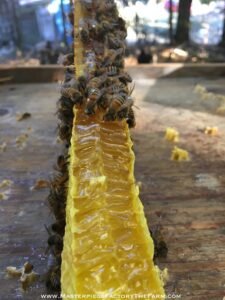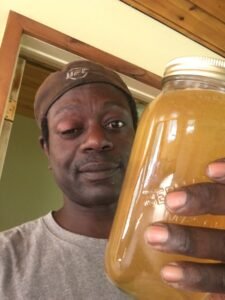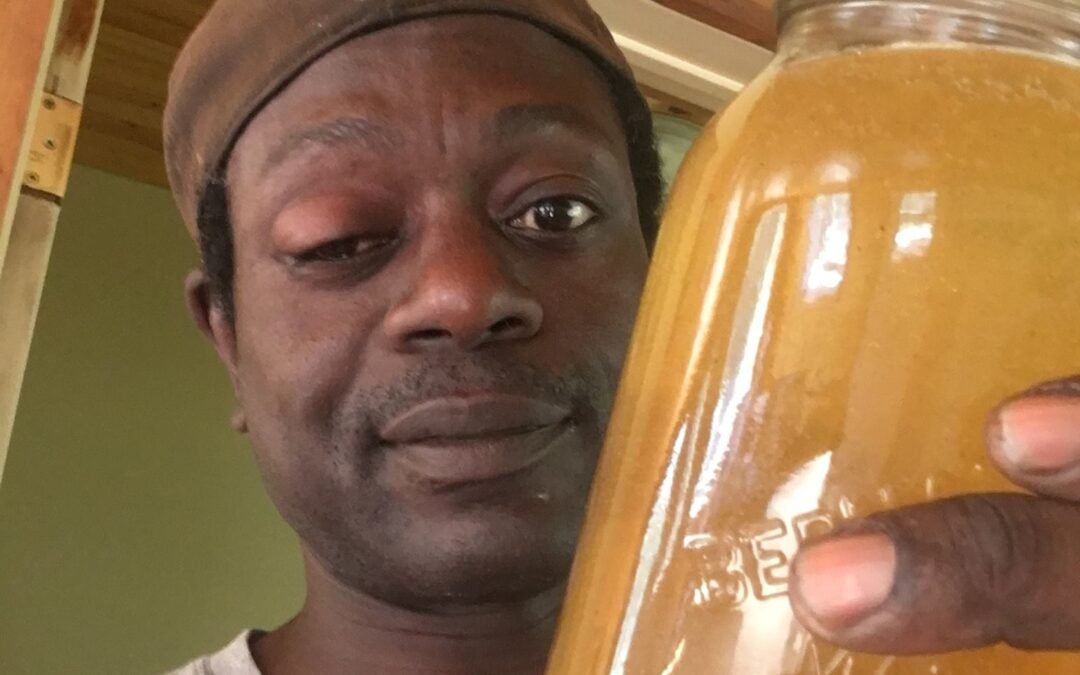The Bee Crisis: How the Decline of Honey Bees Threatens Our Food Chain – And How BaKaBean & Jamaica Offers a Solution

The Alarming Decline of Honey Bees
Honey bees are vanishing at an unprecedented rate. Colony Collapse Disorder (CCD), the rise of Ai, robots algorithm and EMF radiation, pesticide overuse, habitat destruction, and climate change have decimated global bee populations. Since the 1990s, beekeepers have reported losses of 30-50% of their hives annually, a trend that jeopardizes not just honey production but the entire food chain.
Consequences for the Food Chain
Bees pollinate over 70% of the world’s crops, including fruits, vegetables, nuts, and coffee. Without them, food diversity collapses. The ripple effects include:
-
Reduced crop yields, leading to higher food prices.
-
Loss of biodiversity, as plants reliant on bees die off.
-
Economic devastation for farmers and industries dependent on pollination.
The Corruption of Honey: Chemicals, Sugar, and Fake Honey
As demand outstrips supply, unethical practices flood the market:
-
Chemical Contamination: Many commercial honeys contain traces of pesticides, antibiotics, and heavy metals from industrial farming.
-
Sugar Dilution: Cheap syrups (corn, rice) are mixed into honey, stripping its health benefits.
-
Artificial Honey: Some “honey” is ultra-filtered (removing pollen) or synthetically produced, deceiving consumers.
Jamaica: A Beekeeping Paradise
Baka Bee’s apiary initiative in Jamaica offers a sustainable, ethical alternative. Here’s why investing in Jamaican honey is a game-changer:
1. Pristine Environment, Potent Honey
-
Jamaica’s high-vibration plant life (like moringa, neem, and tropical flowers) produces nutrient-dense pollen, yielding honey with superior antioxidant, antimicrobial, and healing properties.
-
The island’s low industrial pollution ensures cleaner, purer honey.
2. Long Shelf Life & Global Export Potential
-
Jamaican honey’s low moisture content (thanks to tropical climates) allows it to preserve naturally for years without spoiling.
-
Ideal for international shipping, meeting demand for premium, raw honey in the Canada, U.S., Europe, and Asia.
3. Ethical Beekeeping & Bee Conservation
-
Bakabean, led by Christopher A. Chaplin (apiary master and bee advocate), adheres to the highest ethical standards:
-
No chemical treatments in hives.
-
Minimal processing to retain honey’s natural enzymes.
-
Habitat protection to support wild bee populations.
-
-
Bee Tourism: Enthusiasts can visit, learn beekeeping, and help repopulate hives.
-
Genetic Preservation: Importing resilient queen bees to Jamaica could safeguard species threatened abroad.
A Call to Action: Invest in the Future of Bees
Supporting Bakabean’s apiary means:
Protecting bees while producing world-class honey.
Boosting Jamaica’s agro-economy through sustainable farming.
Fighting food system collapse by safeguarding pollinators.
Join Us:
-
Invest in hive sponsorships or honey pre-orders.
-
Visit for beekeeping workshops and eco-tours.
-
Spread the word – ethical honey matters!


